







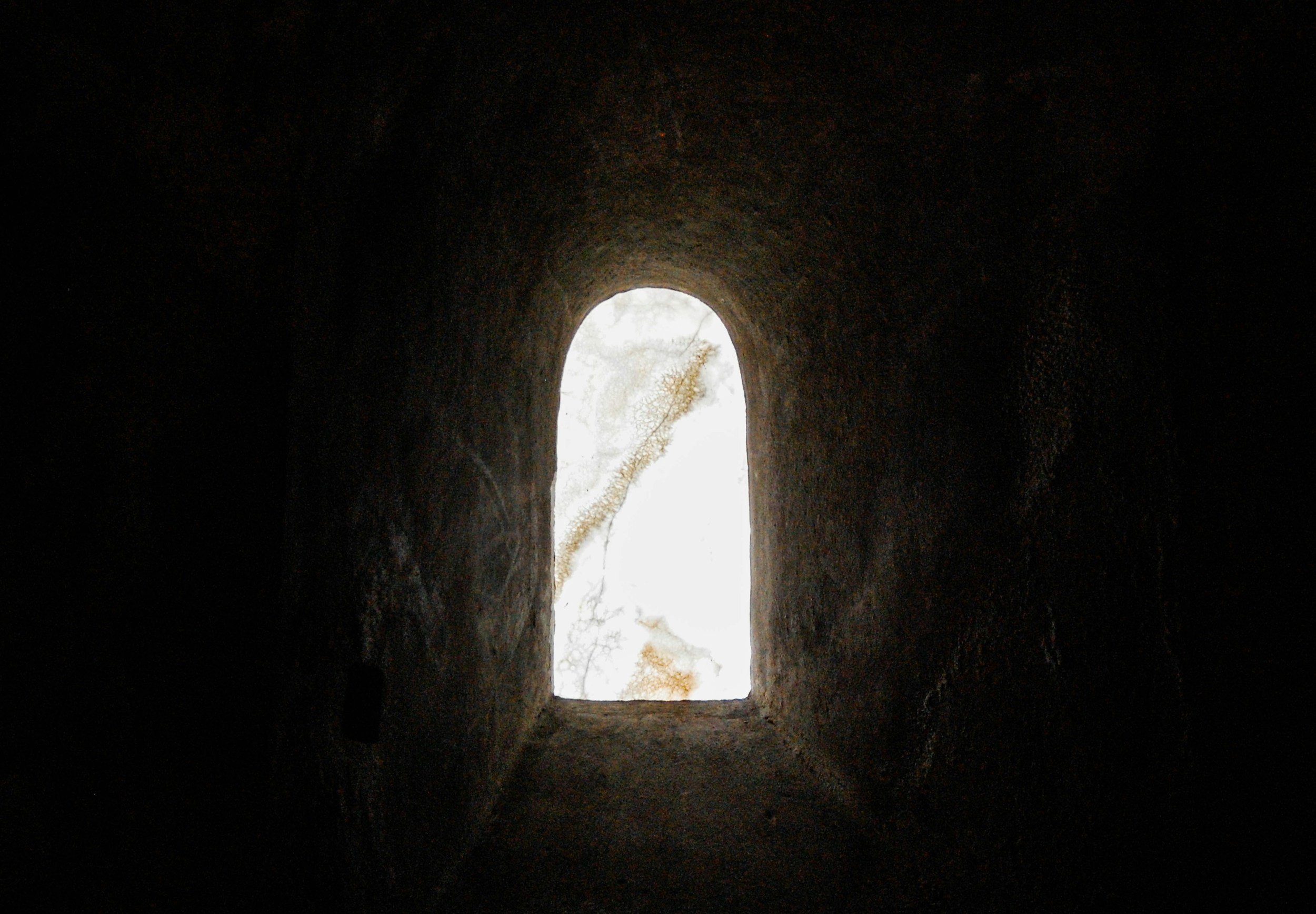

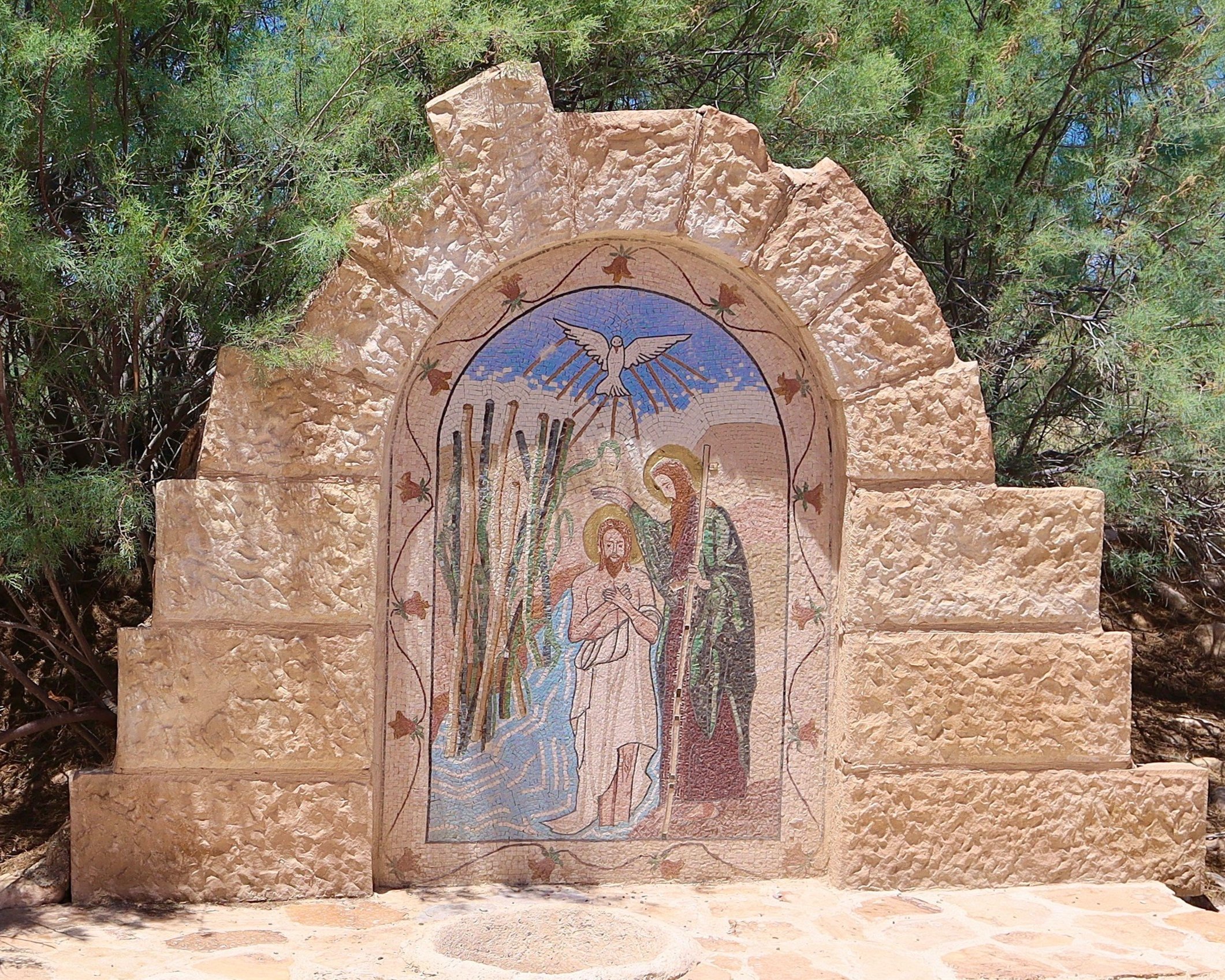


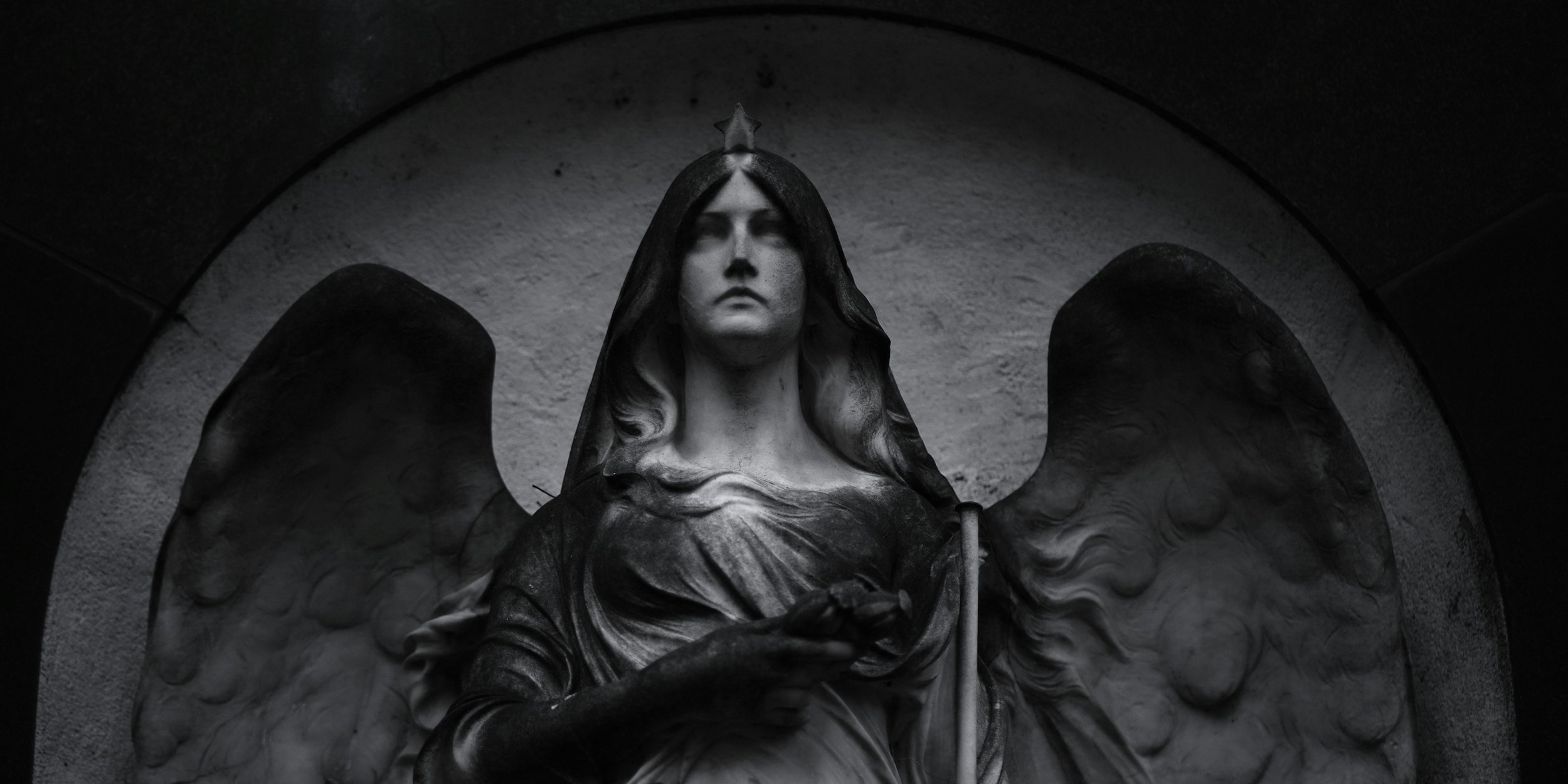


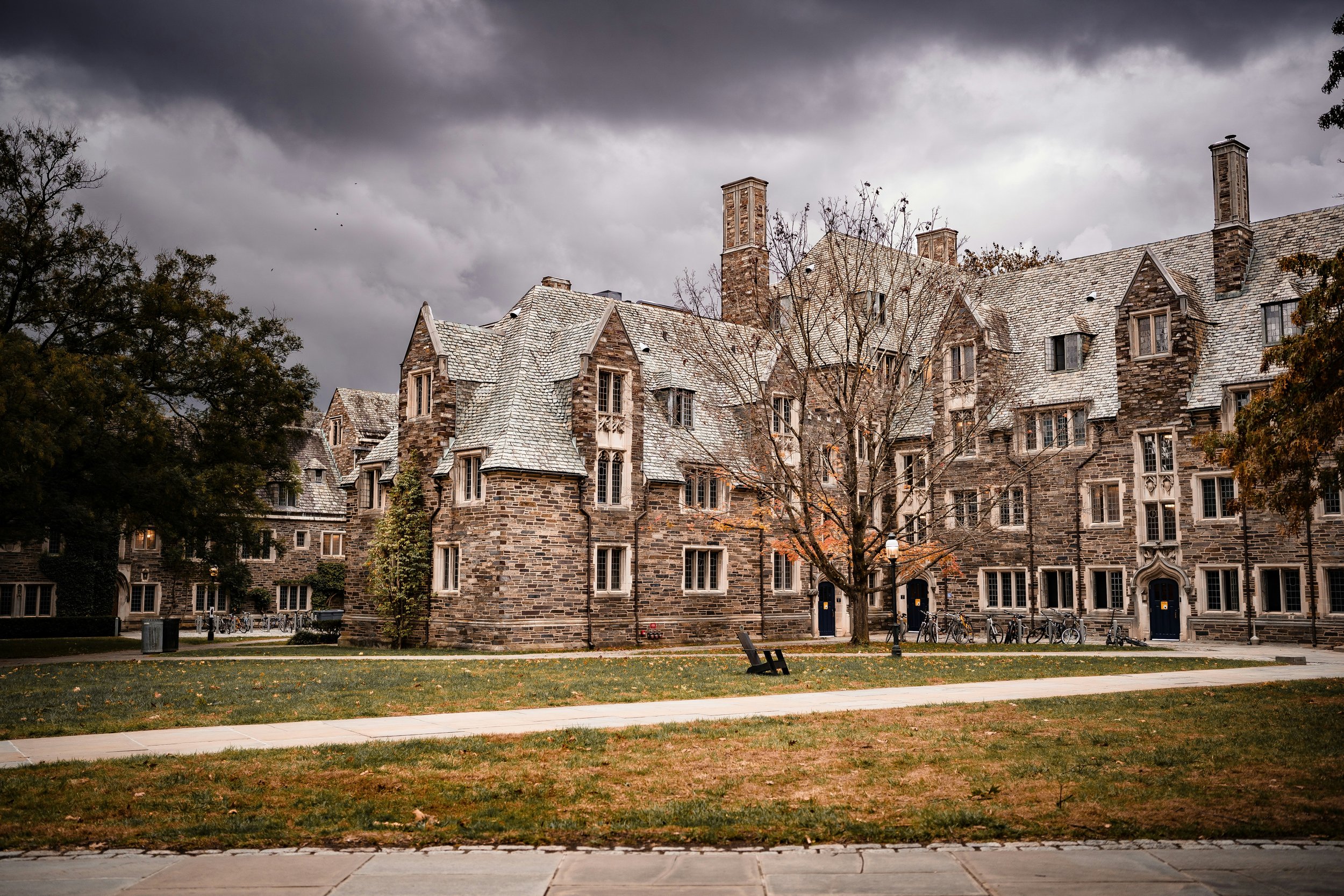

“WE REJECT THE FALSE DOCTRINE”: HOW THE CONFESSING CHURCH INFORMS THEOLOGICAL RESISTANCE TO CHRISTIAN FASCISM
Dietrich Bonhoeffer, the twentieth-century pastor, theologian, conspirer against Nazi Germany, and martyr, has been admired since his death by Christians of various traditions. Eric Metaxas’s popular (though poorly-regarded-academically) biography of Bonhoeffer and the recent film based on it have especially succeeded in reinvigorating his legacy among evangelicals. Over the last several years, Metaxas has also repeatedly attempted to invoke Bonhoeffer and the events of World War II in support of Donald Trump and to warn against what he perceives to be the Nazi-like dangers of contemporary leftism.
Now, Bonhoeffer’s attempts to construe Bonhoeffer’s resistance to Nazism as analogous to conservative evangelical opposition to progressivism has been roundly criticized by both Bonhoeffer scholars and Bonhoeffer’s own descendants. But Metaxas is right that a comparison of Bonhoeffer’s broader ecclesiastical and political context with our own has the potential to be tremendously illuminating—if not perhaps in the way that he thinks. In fact, taking a look at the 1930s debates between the Confessing Church and the pro-Nazi German Christians, however, reveals several illuminating historic parallels to the current debates on Christian nationalism or Christian fascism.
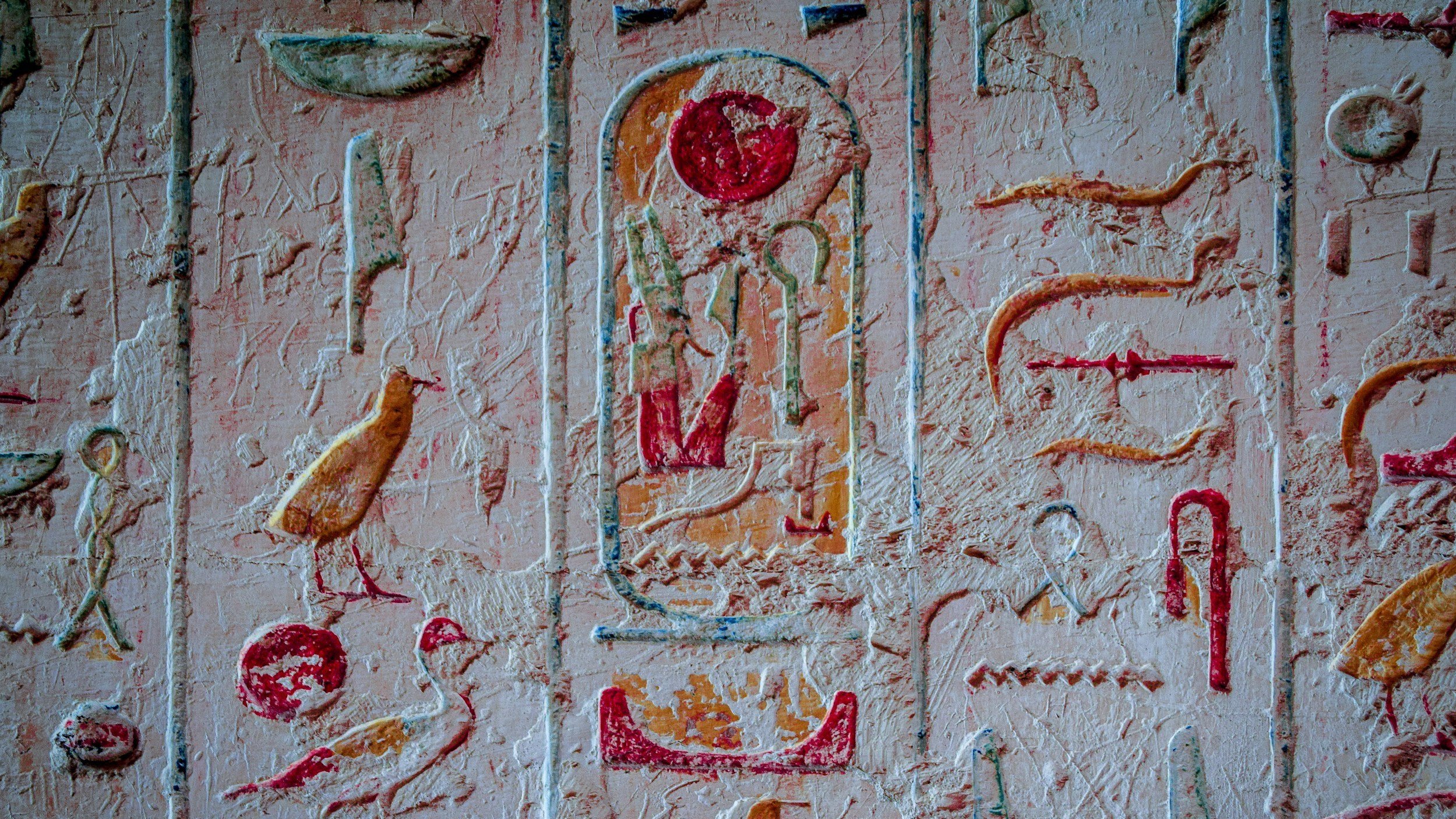
IN PHARAOH’S COURT
The Nile winds through fields of green,
a slow-moving mirror for the sky.
Papyrus sways, reaching against the current,
while beyond the banks, stone rises—
temples, palaces, the weight of rule
pressed into the land like a seal.

